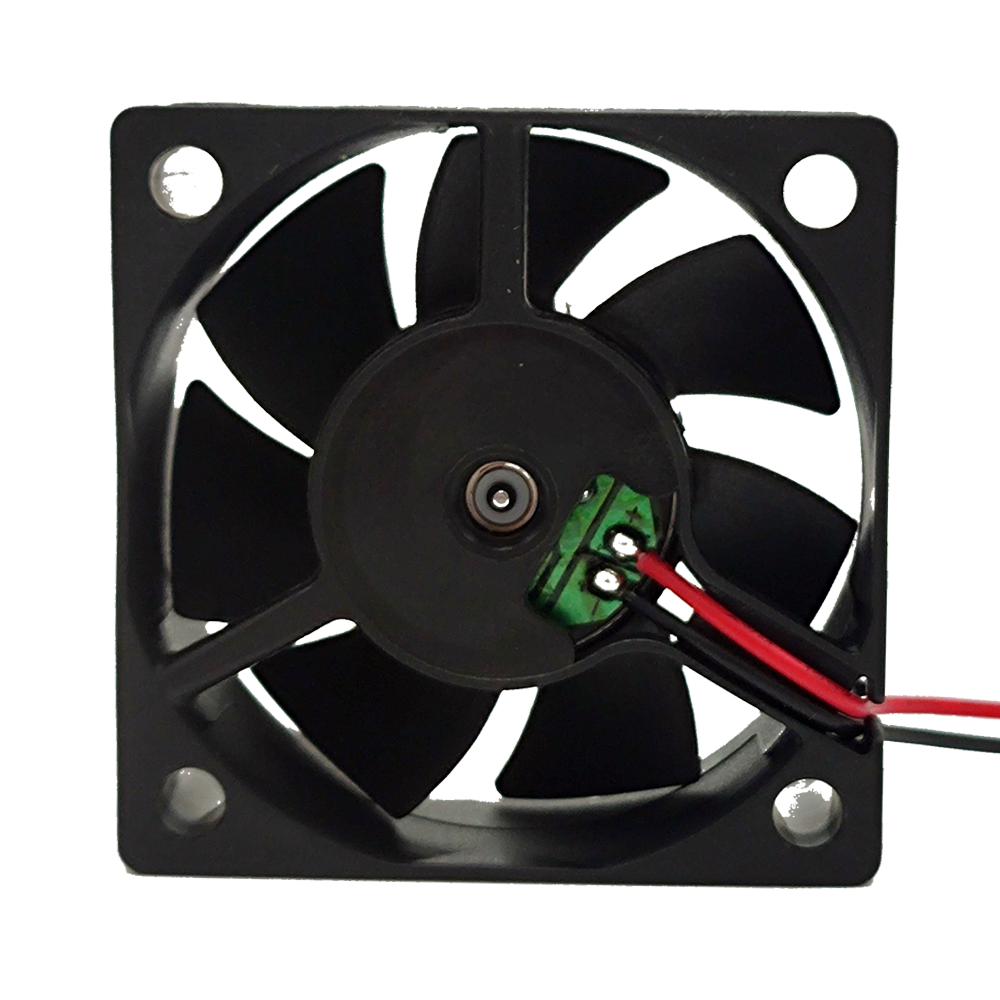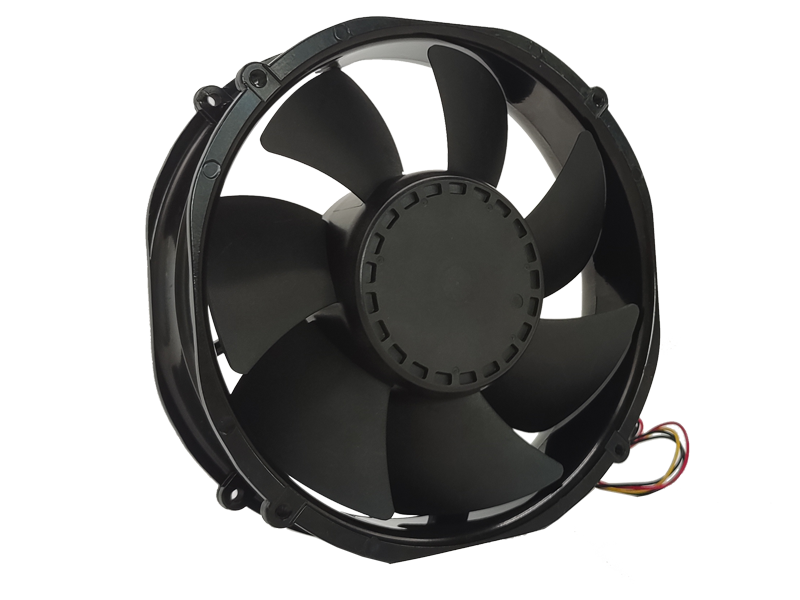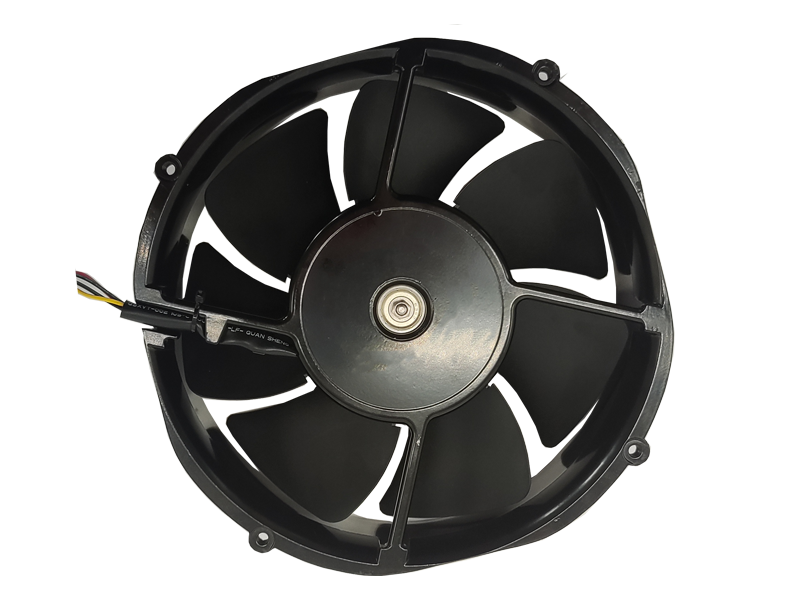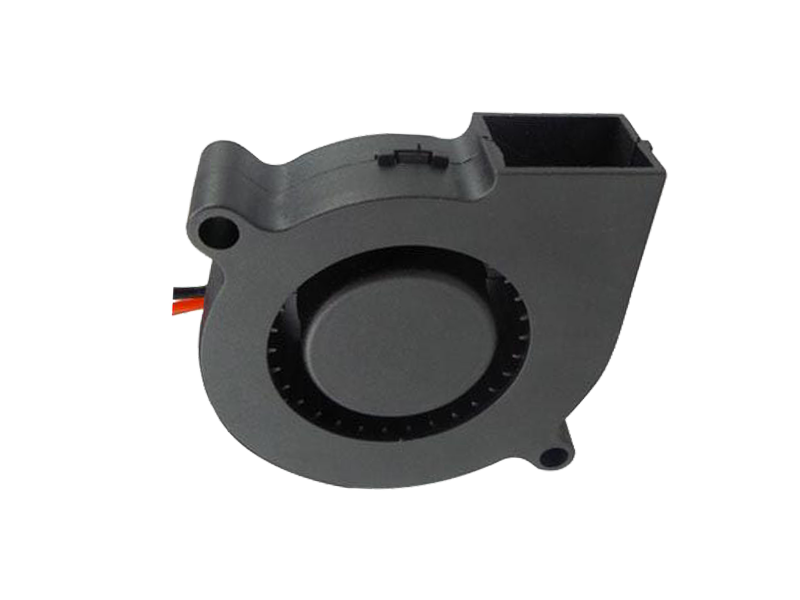As industries prioritize decarbonization and Industry 4.0, industrial fans are evolving into intelligent, sustainable systems with modular architectures and predictive capabilities.
1. Sustainability: Direct-Drive Technology and Energy Recovery
Permanent magnet direct-drive (PMDD) motors eliminate gearbox losses, achieving 90% efficiency. The EarthSave Series by Openler reduces CO₂ emissions by 12 tons annually per unit, equivalent to planting 300 trees.
Energy recovery systems are gaining traction. The Regenerative Fan Drive by KALEFI converts kinetic energy during braking into 400V DC power, feeding back into grid systems. This technology, tested in BMW factories, achieves 25% net energy savings.
2. Modularity: Plug-and-Play Components and AI-Driven Customization
Modular designs allow rapid reconfiguration. The FlexiFan System by Stir features detachable blades, motors, and control units, reducing deployment time by 70%. This flexibility is critical in agile manufacturing environments.
AI-driven configuration tools, such as Openler’s FanOptimizer, use digital twins to simulate 500+ operational scenarios. Users input facility dimensions, process heat loads, and regulatory constraints to receive certified fan configurations within minutes.
3. AI Integration: Autonomous Operation and Digital Twins

The AI-Driven Fan Network by Honeywell uses federated learning to optimize airflow across entire facilities. By aggregating data from 10,000+ sensors, the system reduces energy use by 18% while maintaining ASHRAE 55 comfort standards.
Digital twins enable predictive overhaul planning. The Kale Digital Twin simulates 10 years of fan operation in 48 hours, identifying bearing wear patterns with 0.2mm precision. This proactive maintenance strategy extends asset life by 40%.
4. Circular Economy: Recyclable Designs and Leasing Models
The EcoCycle Program by AirMax Fans offers fans with 98% recyclable aluminum frames and biodegradable composite blades. At end-of-life, customers return units for refurbishment, receiving discounts on new equipment.
Leasing models are also emerging. The Fan-as-a-Service (FaaS) by Schneider Electric charges per cubic meter of air moved, shifting CAPEX to OPEX. This model includes automatic upgrades to newer technologies, ensuring customers always operate cutting-edge systems.
Conclusion
The industrial fan sector is undergoing a transformation driven by technological convergence and sustainability imperatives. From graphene-composite blades to AI-driven digital twins, these systems now serve as critical enablers of Industrial Decarbonization and Smart Manufacturing. As firms like Kale Environment, Big Ass Fans, and AirMax Fans continue to innovate, the humble industrial fan is poised to remain a cornerstone of modern industry for decades to come.
Recommended Products

The main purpose:Car charging station

The main purpose:Car charging station

The main purpose:Electronic refrigerators, water dispensers, direct drinking machines, inverter power supplies
Address:No. 4137, Longgang Avenue (Henggang Section), Henggang Community, Henggang Street, Longgang District, Shenzhen
hotline:13530005572(Chen)15112579390(Li)


Welcome all friends to come for consultation and negotiation.
Copyright 2024 @ Shenzhen Youneng Xinyuan Electronics Co., Ltd.,(industrial fans,industrial blowers,axial fans,cooling fans manufacturer,centrifugal fans,ac cooling fans,dc cooling fans)